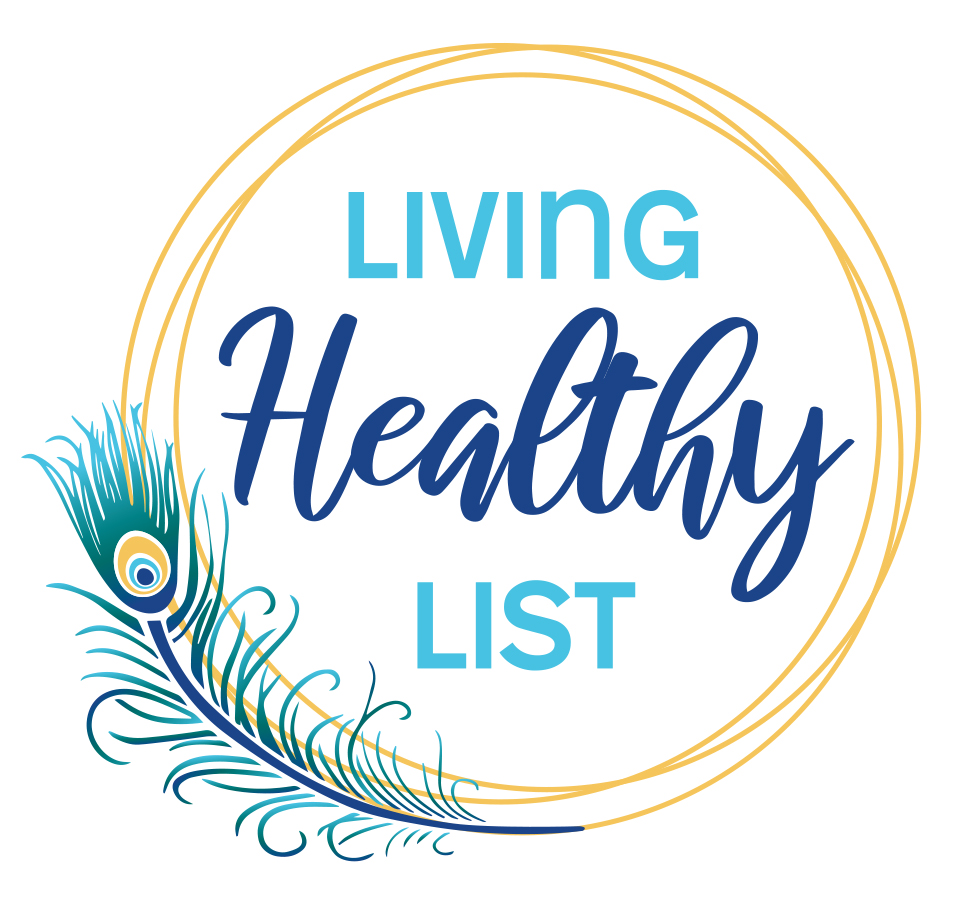An overactive bladder is when the muscles of the bladder are out of your control, and they start contracting involuntarily. The bladder isn’t necessarily full when this happens, but the urge to urinate can be intense enough to cause leaks before you can make it to the bathroom.
Generally, bladder leakages and urinary incontinence aren’t conditions that can be treated with minimal changes in diet. However, some foods and drinks can significantly impact poor bladder habits. When these diet changes are incorporated into a treatment plan and other approaches, you may be able to improve your bladder’s health.
Here are some suggestions:
Be Mindful Of the Beverages You Consume
Many people make the mistake of drinking less water when dealing with an overactive bladder—but that can actually make the problem worse.
Ideally, you should balance your fluid intake and stay well-hydrated. This means drinking at least 6 to 8 glasses of water daily while avoiding caffeinated drinks like tea and coffee. Also, drinking citrusy drinks can irritate the bladder and result in bladder issues for some people. Sometimes cranberry juice is recommended to prevent bacterial growth in the bladder, if you do drink cranberry juice with no changes in your symptoms, it is probably safe to consume.
Whole Grains Are Great if well tolerated
Whole grains are packed with lots of nutrients and fiber. And since fiber can regulate your bowels, you need it in your diet.
The bowels are close to the bladder, and when full, they may add pressure on the bladder, resulting in more bathroom runs. It is recommended to include brown rice, bread, and pasta in your diet!
Spices May Not Be a Great Option For You
Some people with an overactive bladder may not react very well to spices. If you find yourself rushing to the bathroom more often than ever after a hot and spicy meal—you could be one of them.
The best solution is to monitor your meals and adjust spice use as needed. Spices may be irritating your bladder lining and create the urge to urinate. Cut back on the irritating spices for a few days to see if it improves your condition.
These are some simple suggestions for your diet. If you’re looking for more detailed guidance for your OAB-friendly diet or need other solutions for a leaky bladder, please connect with me here.
Additionally, I have a free presentation on bladder leaks that you may find helpful. ,

Dr. Shelia Craig Whiteman DPT, CLT is a doctor of physical therapy and a health coach. While practicing physical therapy, she specialized in pelvic health, lymphedema, and oncology. As a health coach, Dr. Shelia is particularly passionate about helping women to reduce and stop bladder leaks.
She is the best-selling author of “To Pee or Not To Pee?” The Guide for Reducing and Eliminating Urinary Incontinence. Her second book, Stop Worrying About Bladder Leaks, further explains how and why bladder leaks can happen. As an advocate for health and wellness, she participates in several educational presentations and volunteer activities in her community.
Dr. Shelia is a certified fitness instructor and has taught fitness and pilates classes over the past 20 years. She lives with her family in Mitchellville, Maryland.
Watch Dr. Shelia’s video on Bladder Leaks here:
https://www.youtube.com/watch?v=ZdugElo7gS4
